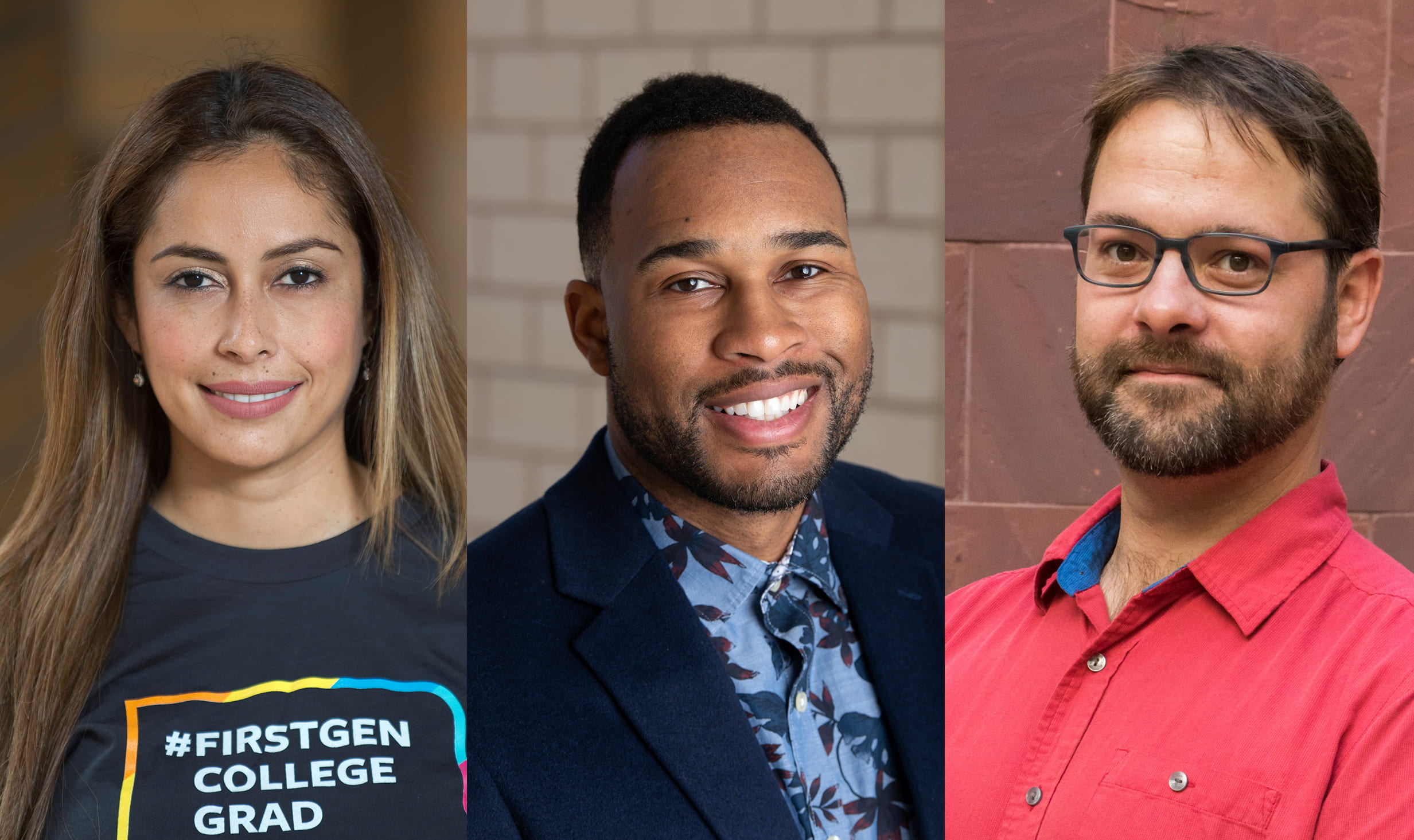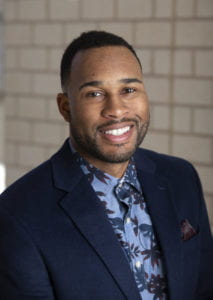Supporting future generations of researchers
Society of Hellman Fellows at UCI expands resources for junior faculty

Earlier this summer, the Hellman Fellows Fund and the University of California announced a $125 million commitment to permanently support research for outstanding early career faculty on all 10 campuses in the UC system. Established in 1995, the Hellman Fellows Program supports research by promising assistant professors who show capacity for exceptional distinction in their chosen field but need help to reach their goals.
Over the past 25 years, the Hellman Fellows Program has supported over 1,900 faculty members. These newly announced campus commitments build on previous gifts, while ensuring protected streams of funding in perpetuity through the creation of the Society of Hellman Fellows. Each campus will administer its own program, giving flexibility in how the awards are directed and managed and building on the tradition of local control, while honoring the intent of the founders.
The University of California, Irvine has received $6 million from the Hellman Fellows Program and is providing an institutional matching pool of $1.5 million for new endowments created at $250,000 or $500,000. These gifts can be named by the donor and will be included in the Society of Hellman Fellows at UCI, which will increase the impact of the program by providing additional resources and support for junior faculty.
Fellowships range from $10,000 to $50,000 and are open to a broad range of academic disciplines in the arts, humanities, social sciences and STEM. Many former fellows have gone on to become department chairs, award-winning researchers and even MacArthur “genius grant” recipients.
“The Hellman Fellows Program enables talented junior faculty members to conduct diverse and important research that has the potential to make significant positive global impact,” says Diane O’Dowd, vice provost for academic personnel and professor of developmental & cell biology. “The program was launched at UCI in 2013, and 63 fellows have received support since then. We are deeply grateful for this tremendous gift that will help ensure the future of our campus as an innovative environment for meaningful research.”
The impetus for the program came when Frances Hellman, a junior faculty member at UC San Diego, experienced first-hand the challenges that faculty can experience in pursuing their research early in their careers.
“My parents, Warren and Chris Hellman, used to say that creating the Hellman Fellows Program was one of the best things our family ever did,” says Frances Hellman, president of the Hellman Fellows Fund. “Having had the opportunity to support more than 1,900 faculty over the years, I enthusiastically agree. Their discoveries, commitment to their work and great potential continue to inspire us year after year. We are thrilled to be carrying out our father’s legacy by ensuring that the Hellman Fellows Program can exist in perpetuity throughout the University of California system.”
What the Hellman Fellowship means to me

“Generous funding from the Hellman Fellows Program in 2014 helped me get my second research project, an ethnography focused on Latina/o physicians, off the ground,” says Glenda Flores, UCI associate professor of Chicano/Latino studies. “As a qualitative researcher, part of earning tenure at a university ranked R1, for very high research activity, is publishing books and articles and showing evidence of a second research project. My interest in examining the lives of Latino/a physicians grew out of my award-winning first book, Latina Teachers: Creating Careers and Guarding Culture. Receiving the Hellman Fellowship early in my academic trajectory gave me the vital tools necessary, such as time and resources, to dedicate to this ongoing project.”

“The 2016 Hellman Fellows award afforded me an opportunity to enter a research collaboration with a national network of social science scholars. I contributed content for a nationally representative, racially diverse survey of Americans’ political attitudes and behaviors, the 2016 Collaborative Multiracial Post-Election Survey. I have drawn heavily from CMPS data in my book, The Anger Gap: How Race Shapes Emotion in Politics, published in December 2019, as well as two peer-reviewed journal articles and numerous working papers. This research collaboration created prime opportunities for collaborations with doctoral students, while connecting me to prominent scholars of race, opinion and political behavior across the country,” says Davin L. Phoenix, UCI associate professor of political science.

School of Biological Sciences / UCI
“Receiving a Hellman Fellowship in 2018 significantly impacted my career,” says Stephen Mahler, UCI assistant professor of neurobiology & behavior. “It provided me much-needed funds for research staff, allowing me to secure preliminary data necessary for my current National Institutes of Health funding of the project, which is studying how adolescent exposure to cannabinoid drugs alters long-term brain function and development. In addition, the Hellman Foundation has provided me with the freedom to explore exciting new areas of research for my lab. In short, the Hellman Fellowship Fund provided key bridge support near the start of my career as an independent addiction neuroscientist. I sincerely thank the foundation for the boost they have given to the careers of the trainees and me.”
The Hellman Fellows Fund made its first awards to a handful of faculty at UC San Diego and UC Berkeley. The program grew organically over the years to include all 10 UC campuses and four private institutions.